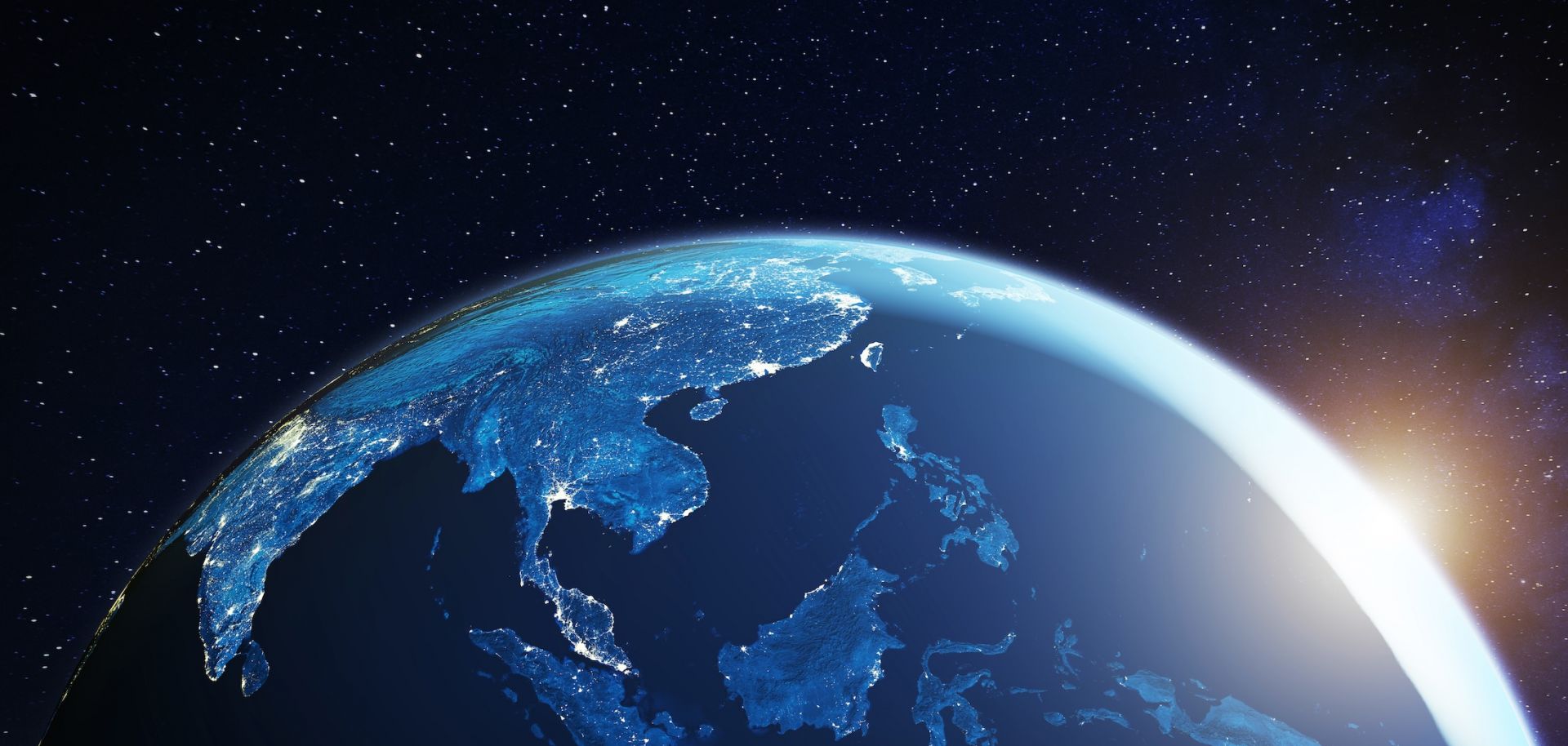New relations are being forged and old ties reinvigorated in the Asia-Pacific as regional countries adapt to rising security concerns, uncertainty surrounding U.S.-China relations and policies, and the return of a multipolar world system. Following the inauguration of Philippine President Ferdinand Marcos Jr. in June 2022, Manila rapidly restrengthened its security cooperation with the United States and began discussions that ultimately expanded the footprint of U.S. forces in the Philippine archipelago. But the Philippines, a U.S. treaty ally and long a key component of the U.S. security architecture in Asia, is not focusing its security ties solely on Washington. Instead, Manila is also expanding its defense and security relationships with neighboring Indonesia and Vietnam, regional powers (including Australia, India, Japan and South Korea), and European countries like France and Germany. ...


